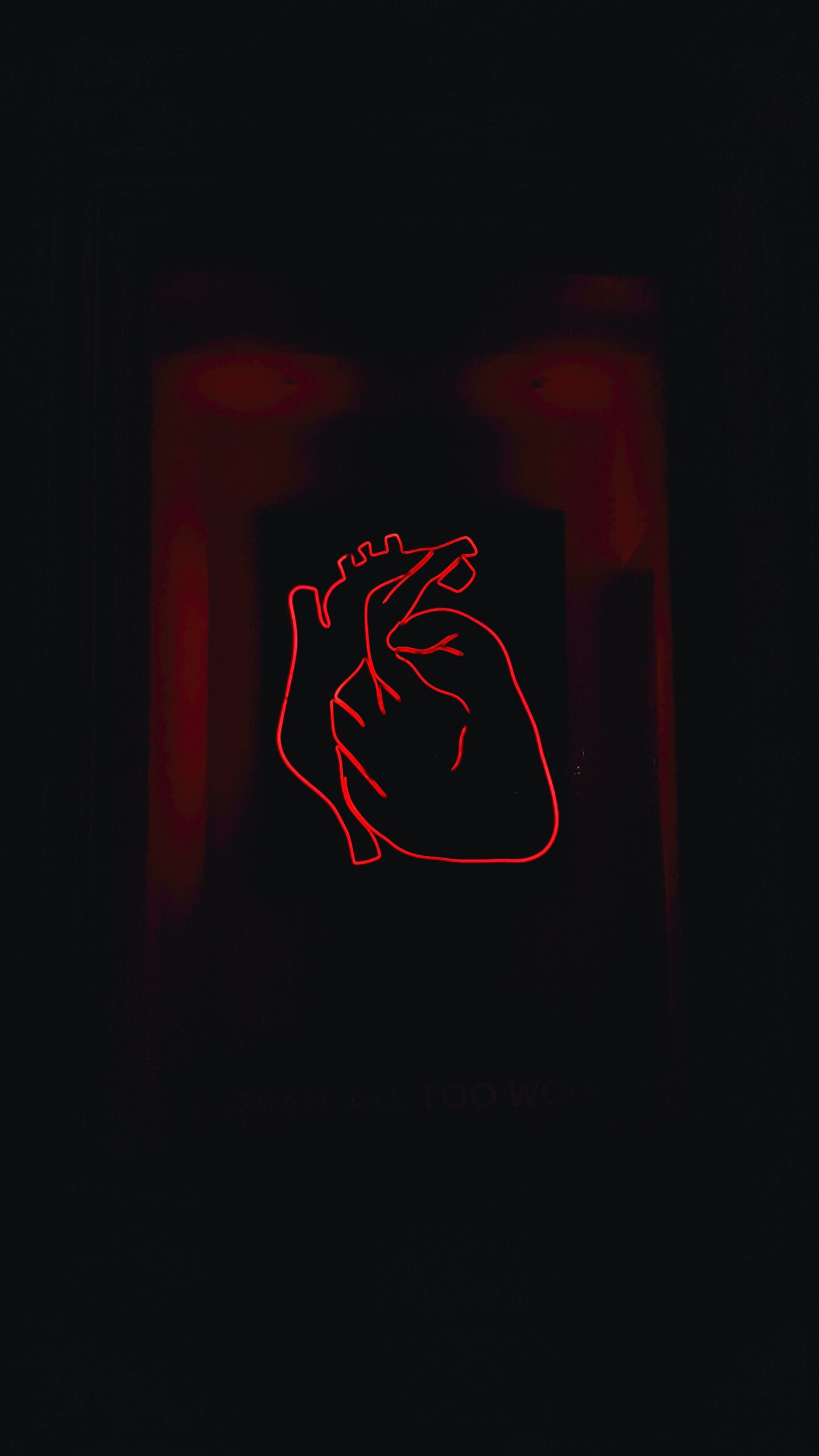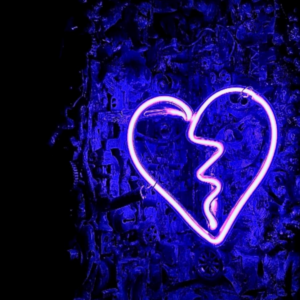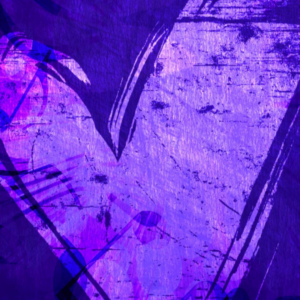Chapter One
There’s this video of Maria João Pires online that I’ve watched a thousand times. It’s 1999 and she’s in Amsterdam, set to perform the piano solo in Mozart’s D minor concerto with Riccardo Chailly conducting. The first few syncopated notes sound from the violins and violas, and as the cellos and basses enter, you see Maria sort of laugh, horrified, and press her hand to her face. She’s practiced the wrong concerto, and she has less than three minutes to try to recall the correct one from memory so she can come in once the prelude is over. She places first her right hand down, then her left. And it’s…amazing. For twenty-five minutes, she plays, and she doesn’t miss a single note.
I used to try to channel that energy when I was nervous before a performance, or even when I was learning a particularly difficult piece. Still, I’ve never had the experience of being completely knocked off my axis, trying my best to do something I’m not at all prepared for. At least, not until today.
Dad and David are sitting in the breakfast nook when I enter the kitchen, their fingers interlaced on top of the table. David sips his matcha latte while he catches up on the highlights from yesterday’s Giants game on his iPad, and Dad’s got his eyes shut in apparent rapture as he drums his free hand along to Franz Schubert’s Trout Quintet coming from the speakers. They look like they’re having a great morning, and I am about to ruin it.
“Alastair,” my dad says, opening his eyes when he hears me come in. His fingers stop drumming, and he reaches for the remote to turn the music down. “What are you still doing here? You better hurry, or you’re going to be late.”
He’s right; I am. Just not for the thing he thinks I’m going to.
Instinctively, I twirl a lock of dirty blonde hair around my finger. A nervous habit that began six months ago, one that Dad hates. Truthfully, I hate it too, though not enough to wear my hair up to help resist temptation. My ears stick out too much for that.
But drastic times call for drastic measures. I twist my waves into a knot on top of my head and then just say it: “I’m not going.”
Dad, to his credit, doesn’t completely lose it, at least not right away. Admirable, considering how much shit he’s going to get once his coworkers find out I bailed today. The daughter of the San Francisco Symphony concertmaster missing a Youth Orchestra rehearsal? It’s not a good look, and it’s not something pre-surgery me would ever have brushed off. But new heart = new me, apparently. I’ve been sort of unpredictable these past six months—staying up late studying spiritualism and parapsychology instead of Bach and Mozart, smuggling Cherry Vanilla Coke and Watermelon Sour Patch Kids into my zero-sugar household, breaking up with my girlfriend JJ after spending months trying to get her to go out with me in the first place. It’s like I went into surgery one person and came out someone entirely different, and I know exactly why. But nobody in my life—not my dad, not David, not even my best friend, Frankie—believes me.
Dad removes his glasses and pinches the bridge of his nose, his own nervous tic. “What do you mean, you’re not going?”
“I, um, got a job.”
“A job?” he parrots. “Where?”
“A science day camp for kids. It’s at Felix P Fuller Park, but they’ll also go on field trips and stuff, like to the Exploratorium. You know, that interactive science museum down at the Em—”
“Alastair,” my dad says in the voice he uses when he’s starting to lose patience, generally reserved for scolding our parakeet Barbara. “I know what the Exploratorium is.”
“Right.” He is a native San Franciscan, after all, but sometimes I forget he knows anything outside of music. Morning to night, all he does is listen to it or practice it or read about it. Sometimes, I swear I can even hear him thinking about music.
It used to make me feel connected to him, how we shared a passion for orchestra, even though he plays violin and I play piano. But now all it makes me feel is lost. To know someone is to see their heart—not just the things that make it beat faster or slower, the things that rush blood forward—but the things that simmer and bubble. The things they feel most deeply in the moments between awake and asleep, the things that nudge them back to life when the gravity of despair pulls hardest. I can still see my dad’s heart, but I’m certain he can’t see mine anymore. If he could, he’d notice how the notes and measures took flight, how music left and other things filled the space overnight. It’s scary and sad, and at first I tried so hard to make it not true. To keep playing and keep practicing, to breathe joy back into something lifeless. But it didn’t work, so I decided to stop trying to force it. I just never sat him down to tell him that. And now here we are.
“What I don’t know,” my dad continues, “is why you’re working at a summer camp, especially when it conflicts with rehearsal. And especially when I didn’t agree to it.”
“David signed my work permit,” I say, glancing at him. He and my dad have been together since I was nine, but they only got married and filled out the paperwork for David to adopt me last year. They figured with all my medical stuff, they should make things official just in case anything were to happen to my dad and David had to call the shots. I’m pretty sure tricking David into signing something behind my dad’s back isn’t what they had in mind, but to be fair, nobody actually stated that as an expectation up front. Total loophole, if you ask me.
“She told me you already knew,” David says, glancing between Dad and me. His expression is neutral as always—curse of the even-keeled, peace-keeping Libra, according to Frankie—so it’s hard to tell how upset he is. But if I had to guess, I’d say fairly.
“It was while you were touring with the symphony this spring,” David explains to my dad. “She needed a quick signature and she said she’d already told you, and that it wasn’t going to interfere with rehearsals. I meant to check with you about it once you got home, but it slipped my mind.”
Just like I knew it would. David’s the sweetest, but he has a terrible memory. And he’s incredibly trusting. I feel sort of bad for taking advantage, but how else was I supposed to get my work permit signed? It’s not like Dad would’ve done it. Especially because this job most definitely will interfere with at least a few rehearsals. And probably some lessons, too.
“Can we just—can we talk about this later?” I wheedle, slowly backing away from the silent battle brewing between my parents. “Today is orientation, and I don’t want to miss anything.”
“Alastair—”
“I’m gonna be late, Dad,” I protest, taking another step back and accidentally hitting Barbara’s cage with my elbow. She’s been sitting on her perch with her head tucked under her wing, lulled to sleep by the Schubert that was on earlier, but now she startles awake. She trills, seemingly delighted to find she’s still alive and well, and then starts repeating her favorite phrase over and over. I’m so pretty, I’m so pretty, I’m sooo pretty, such a pretty bird, pretty, pretty.
“Barb,” my dad says in his warning voice. Even though Barbara’s technically mine—a tenth birthday gift from my grandma—she’s always been more bonded with my dad. He’s the one who taught her to talk, and the only one she ever really listens to. Sometimes, anyway.
She turns around on her perch so her tail is facing us and chirps her newest word: Alexa. The speaker in the corner lights up, listening as Barbara requests it play Chopin. Except Barbara’s voice is sort of gravelly, so it’s pretty hard to understand her, especially if you aren’t human.
“Okay,” Alexa says in her smooth, computery voice. “I can create a shopping list for you.”
My dad stands. “No, Alexa—geez—”
“I’ve added cheese to your shopping list.”
“Not cheese, Alexa—”
“Did you say: Hot. Cheese?” Alexa questions, pausing for dramatic effect between words.
“Alexa, stop!”
Pretty bird, such a pretty bird, I’m a pretty bird.
“Barb—”
As my dad tries desperately to end Alexa’s shopping list endeavors and Barb squawks incessantly, I slip out the front door and into the cool summer air. I have less than an hour now to get all the way out to the park, which is on the exact opposite side of the city near the Embarcadero. There’s a bus pulling up just as I round the corner onto Taraval, which is good because if I catch it, I’ll be on time. But bad because I’ll have to run to make it, and I can’t run.
Except—I can run. I keep forgetting. I break into a jog, my skin growing warm as my heart speeds up. Before my surgery, this would have sent me into a panic and made me take deep breaths. I’d close my eyes and try to go to my happy place at the piano, willing my heart to slow. Stay calm, keep beating, keep breathing. I’d imagine the hole in my heart contracting until it disappeared entirely, longing for a day when I wouldn’t have to worry anymore. When I could do anything I wanted, without limitation. Without fear.
Now, that day is here. A brand-new heart, my chest six months healed around it. Long enough for it to call my body home. It feels like walking into a familiar building only to find that the inside’s been renovated, walls knocked down and all the furniture replaced. I should be grateful, and I am, but the gratitude is diminished by this overwhelming feeling of wrongness. I’ve always been the type to follow my heart, to let it make plans and lead me where I’m supposed to go. Toward Curtis Institute of Music with JJ after high school, toward the San Francisco Symphony like my dad. But since I got my transplant, none of that has felt right anymore. My heart is telling me completely different things these days, because it doesn’t actually belong to me. Someone else’s hopes and dreams are living in my body, struggling to make themselves heard, and I need to know whose they are.
By the time I make it to the bus and tag on, I’m breathing hard and my blood is pounding in my ears. Disheveled and out of place amongst morning commuters in Monday clothes, backpacks and gym bags embroidered with names of startups I’ve never heard of crowding the aisle.
I plunk down in the only open seat, fanning myself as sweat blooms from my forehead and armpits. To say I’m not in running shape would be an understatement. My whole body feels like it’s on fire, split down the middle by the scar that runs from just below my collarbone to the center of my chest. Thin and raised, slightly crooked. Warm to the touch, then all at once, scalding hot.
“Ow!” I yelp, pulling my hand away.
The girl across from me glances over the top of her book. Instinctively, I shy from her gaze and pull out my phone, camera flipped to examine my scar where it peeks out from the top of my shirt. It’s bright red, a flame that shifts in the breeze through the cracked window above me.
The bus sways around a corner. I close my eyes, and Erik Satie fills my head, Troix morceaux en forme de poire a soundtrack to my sudden nausea. A collection that literally translates to “three pieces in the shape of a pear,” and yet consists of seven pieces, none of which has anything to do with pears. I learned them several weeks ago when nothing else felt right, thinking they’d be the perfect antidote to the more serious Mozart and Bach. But they weren’t, and to make matters worse, they’ve been stuck in my head on and off since then. The only way I can ever get them to leave, at least for a day or two, is by listening to them.
Trying to ignore the burning on my skin, I settle my headphones into my ears. The very first piece, Manière de commencement—“A way of beginning”—is haunting at first, almost like a lullaby. But it quickly evolves into clashes and clangs, alternately fast and slow, like it doesn’t know what it wants to be. Chaotic or calculated.
The bus sways again, a blast of cool air from the window sending a chill through my body. I press a finger to my scar, prepared, this time, for the burn. But seconds pass and it’s barely lukewarm, no longer a flame. Not even an ember.
Manière de commencement ends with a crash of keys, abruptly switching to the next piece, Prolongation du meme. Quieter and simpler as we thread through the downtown, skyscrapers blocking what little sun there is. The window across from me darkens, my reflection brighter by comparison, enough to see that the redness on my chest is now gone.
“More of the same,” my Spotify screen insists.
My body does not agree.




